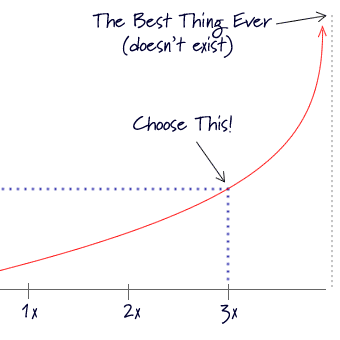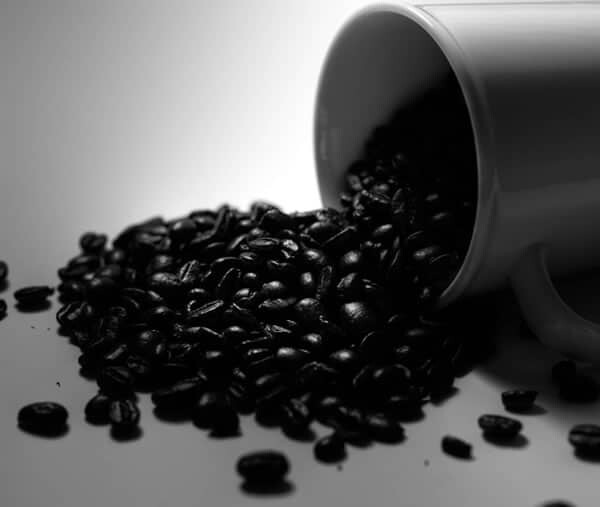Moderation & Balance in the Real World
Dec 31, 2013, Updated Dec 10, 2016

This post originally appeared as a guest post on the Attune Foods blog.
I’ve been mulling over whether the words “moderation” and “balance” can go together when it comes to healthy eating. This is a timely question, considering tonight is the last of the holiday gauntlet (Happy New Year!), and I’m betting most of us haven’t been as successful as we’d like at either moderation or balance over the past few weeks.
But before we try to pair these two concepts, I want to take a moment to express my dismay at the word “moderation.” It has been co-opted by the food industry and overused by well-meaning health practitioners, to the point that the phrase “everything in moderation” has become a catch-all excuse to give you permission to eat anything you want.
I’ve even heard people say “Everything in moderation, including moderation” – and if that’s not license to eat anything you want, whenever you want, I don’t know what is!
While I appreciate the underlying concept — that we should be able to enjoy ourselves with a yummy, not-so-good-for-us treat now and then (and I agree, we should!) — in reality, the definition of “moderation” is very different than what you might expect.
The 2005 USDA Guidelines used the term “discretionary calories,” defining them as the extra, nutritionally devoid calories you can consume (around 160 to 400 each day, depending on your total caloric intake), after you’ve already satisfied the rest of your day’s nutritional requirements. The more recent 2010 “My Plate” guidelines use the term “empty calories.” Same concept, but now with a more accurate name.
So if — and only if — you ate perfectly healthfully all day long (whatever that means), you could then indulge in just a few chocolate sandwich cookies, or half an order of French fries, or one can of cola. In reality, though, most of us (self included) sneak in those empty calories a little at a time, often without even realizing it (mayonnaise on a sandwich, a teaspoon of sugar in our coffee, electrolyte drink after a workout). It’s not just the obvious, additional bits, either. That 500-calorie bran muffin? Sure, 300 of those calories might come from good-for-you ingredients (like whole grains) — but the other 200 might come from discretionary/empty fat and sugar. Those empty calories add up so quickly and easily that there’s actually no room left over for that “moderate” cookie at the end of the day.
A more accurate reality is that most of us can indulge once a week, not once a day. Sure, have those cookies, fries, or soda. But do it just once a week, and when you do, truly make it count by choosing the very best indulgence you can find. (Personally, I’d pick some really terrific French fries over a few chocolate sandwich cookies or a cola, but hey, to each his own.)
If you’re able to do that, you’ll enjoy your “treat” all that much more — and you’ll have found balance in the new year. Just whatever you do, please don’t call it “moderation.”
—




















